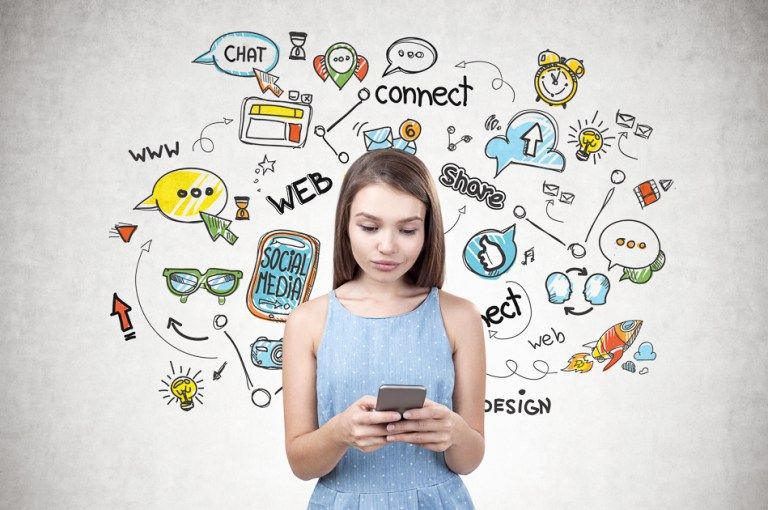
The future of the younger generation depends on what our younger generation see, read and experience, that is why the media has to be placed on restrictions and protected.
Personally, I believe children shouldn’t be allowed to use social media apps until they get to certain age, and if they should use the media an adult should have equal access to the phone.
The media has an adverse effect on their mental health because they see and read the wrong information from the media and also some adults should consider the fact that they are lminors on this app as well. Social media also helps them to mirror the society .
A child from birth has an empty braid, children learn from experience greatly, they learn what they see their parents and guardians doing, they learn . Social media can give kids the wrong exposure, kids learn easily and a lot.
Social media has it own advantages and good impact on kids, it is educative, informative and didactic but parents should place boundaries for their kids to avoid the wrong use of this apps.
Teenage-hood and adolescent is a difficult phase of raising kids, they are really curious, competitive and stubborn, failure at this stage is a big trouble in future. They need to properly guided , protected and corrected at all time.
Research on Social Media and Teen Depression: Why Social Media Can Be Bad for Mental Health
Is social media part of the reason that teen depression has drastically increased over the last decade? Surveys of US adolescents show that teen depressive symptoms and suicide rates showed marked increases between 2010 and 2015, especially among females.
Some researchers theorize that the increase in social media and overall screen use between those years could account for these changes. The adolescents surveyed who spent more time on social media sites were more likely to report mental health issues. Those who spent more time on real-life activities, such as in-person social interaction, sports, exercise, homework, and print media, were less likely to report these issues.
Over the last decade, this theory has been borne out by a large body of research linking teenagers’ use of social media with increased teen depression. These studies show that the frequency of a teen’s use of social media has a clear correlation to their mental health.
For example, in a 2018 study, 14- to 17-year-olds who used social media seven hours per day were more than twice as likely to have been diagnosed with depression, treated by a mental health professional, or taken medication for a psychological or behavioral issue during the last year. This was compared to those who used screens only about an hour a day.
Many experts believe that the constant overstimulation of social networking shifts the nervous system into fight-or-flight mode. As a result, this makes disorders such as ADHD, teen depression, oppositional defiant disorder, and teen anxiety worse. However, some research on social media and teen depression shows that the causality goes the other way—i.e., when teens are depressed, they look at social media more often. In one study of 600 young people, researchers found that social media use did not predict depressive symptoms, but greater depressive symptoms predicted more social media use over time.source
Upvoted. Thank You for sending some of your rewards to @null. Read my last posts to make sure that BLURT burning is profitable for you. Before using this bot please make sure your account has at least 100 BP. Get more BLURT:
@ mariuszkarowski/how-to-get-automatic-upvote-from-my-accounts@ blurtbooster/blurt-booster-introduction-rules-and-guidelines-1699999662965@ nalexadre/blurt-nexus-creating-an-affiliate-account-1700008765859@ kryptodenno - win BLURT POWER delegationNote: This bot will not vote on AI-generated content